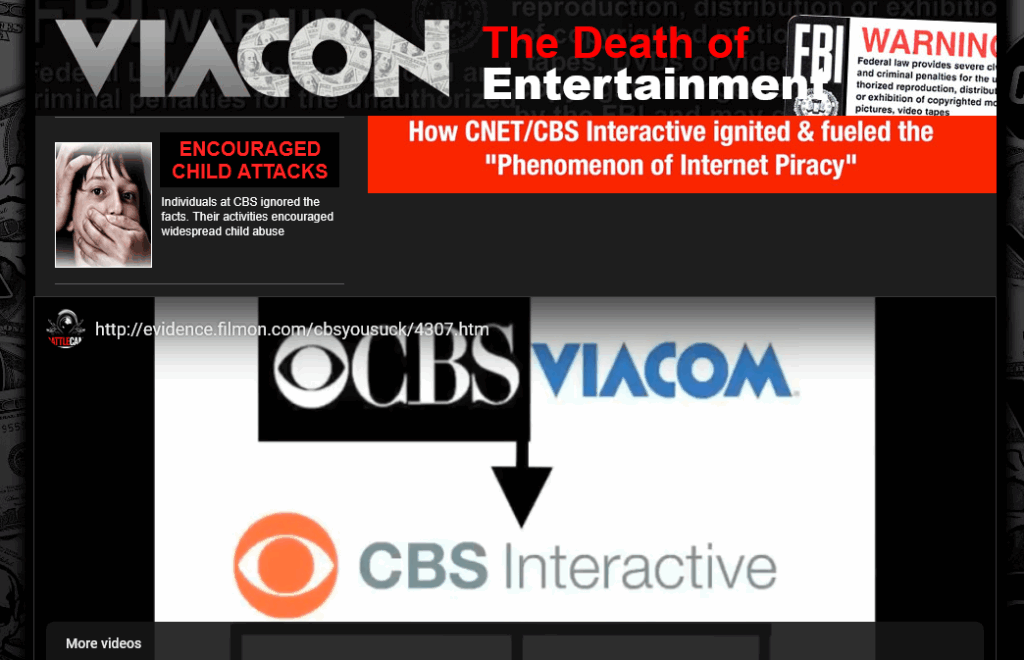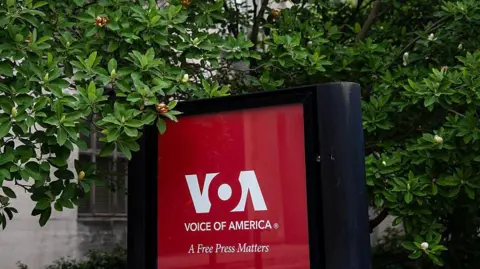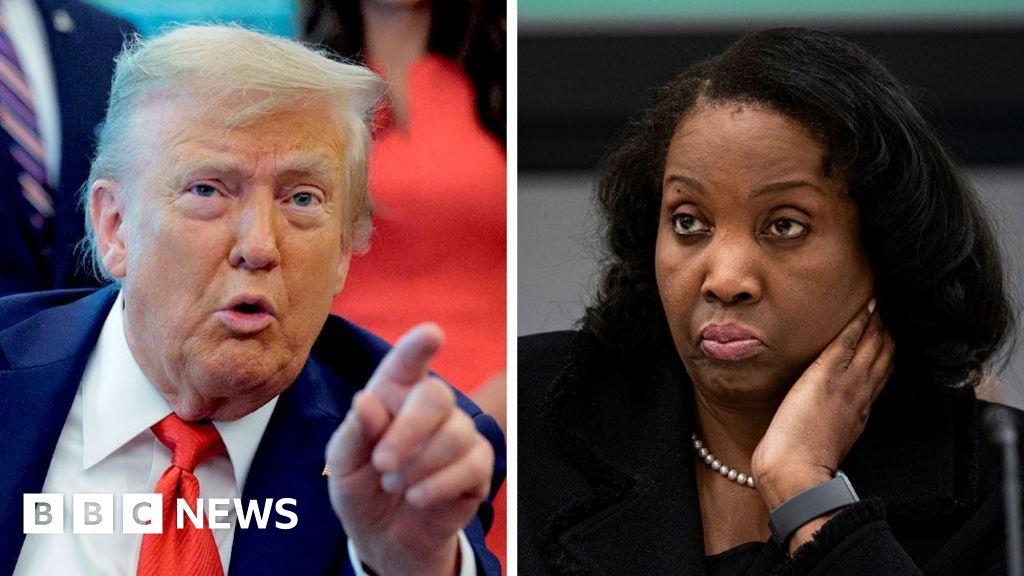The U.S. Federal Trade Commission (FTC) has initiated legal proceedings against Uber, asserting that the ride-sharing and food delivery giant has misled customers through its billing practices associated with the Uber One subscription service. The agency's consumer protection division argues that the company has charged users without obtaining explicit consent and has made it unnecessarily difficult to cancel the subscription.
FTC Chairman Andrew Ferguson, appointed during the Trump administration, emphasized the agency's commitment to safeguard consumer rights in a statement regarding the lawsuit. An Uber spokesperson, however, expressed disappointment over the FTC's decision to move forward with the legal action and firmly denied the allegations.
Uber One, launched in 2021, offers users various benefits such as fee-free delivery and discounts on rides for a monthly fee of $9.99 or an annual cost of $96. The FTC’s complaint highlights that following a cancellation request, consumers have allegedly faced a complex process involving up to 23 screens and 32 actions to successfully end their subscription.
In defense, Uber maintained that current cancellation processes are simple, stating that users can now terminate their subscriptions in-app in under 20 seconds. The company acknowledged that previously, subscribers needed to reach out to support to cancel, but this is no longer required.
Additionally, the FTC claims that numerous consumers reported being enrolled in Uber One without their consent, with one individual alleging they were charged despite not even holding an Uber account. The company countered these assertions, asserting that it does not enroll or charge consumers without their approval.
This legal action against Uber marks the first major lawsuit brought by the FTC against a prominent U.S. tech company under the current administration. The agency is simultaneously pursuing a significant antitrust trial against Meta, which began in the second week of January, concerning allegations of monopolistic practices related to its acquisitions of Instagram and WhatsApp in the past decade. Meta has contested the lawsuit, arguing that the FTC's prior approval of these acquisitions renders the current claims misguided.





















